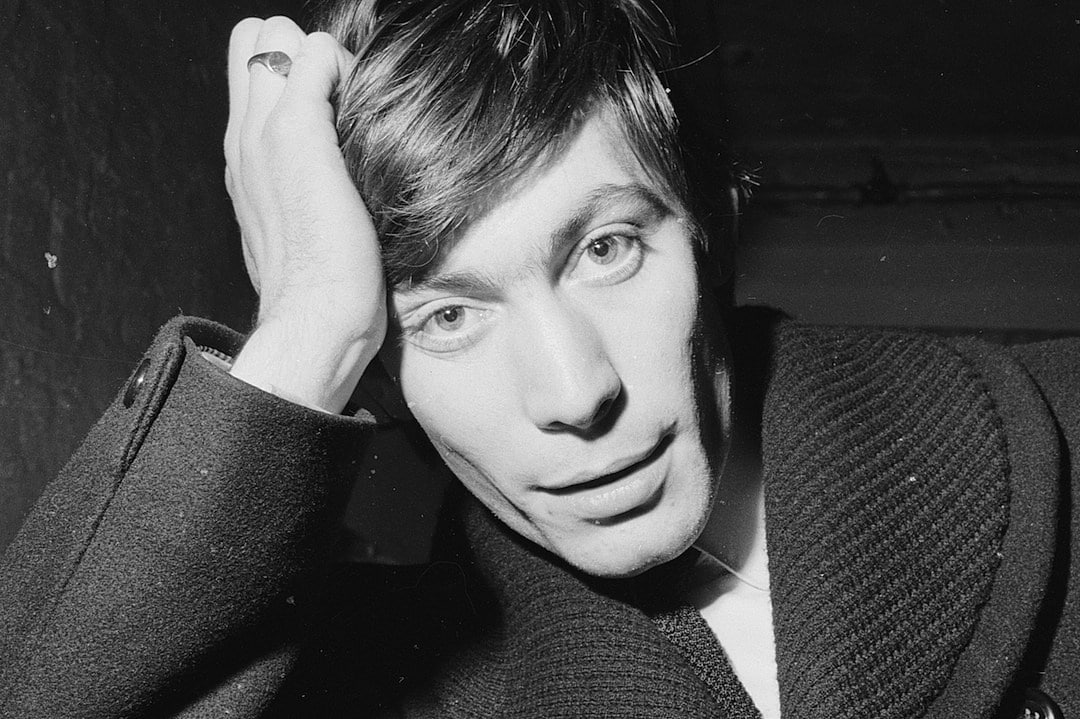 The history of rock n’ roll is riddled with hot debate and opinion, legend and fact, and certainly no small amount of mythology. In the pantheon of rock n’ roll idols and deities, no incarnation has endured (or even come close really) the legacy of the Rolling Stones. If you were to attempt to define what rock n’ roll truly is, you have to start with the big beat. And if you begin with the beat then Charlie Watts is soon to follow.
The history of rock n’ roll is riddled with hot debate and opinion, legend and fact, and certainly no small amount of mythology. In the pantheon of rock n’ roll idols and deities, no incarnation has endured (or even come close really) the legacy of the Rolling Stones. If you were to attempt to define what rock n’ roll truly is, you have to start with the big beat. And if you begin with the beat then Charlie Watts is soon to follow.
Charlie Watts was born in 1941 amid the aftershock, smoke, and shrapnel of the London Blitz. Growing up in the craters of World War II, Watts would listen to jazz 78s, falling in love with the rhythm of brush strokes across drum skins, and dreaming of his own combo. Charlie got his first kit at age 14 and set out to follow in the footsteps of his heroes while the rest of the ’50s teenaged world was hellbent on the new sound goin’ ’round.
In the early ’60s, Alexis Korner’s Blues Incorporated was responsible for hosting legit blues artists from the States and hosting rhythm & blues nights in various clubs in London. Watts and a who’s who of future R n’ R Hall of Famers were regular members, and in 1962, most likely at one of these R&B shindigs, Charlie met Brian Jones, Mick Jagger, Keith Richards, and Ian Stewart, who under the banner of the Rollin’ Stones had been engaged to fill in for Blues Incorporated at the Marquee Jazz Club that summer. Historians (and even the Stones themselves) are fuzzy on the details surrounding Charlie’s actual joining of the band, but by 1963, he was keeping the beat behind Jagger, Jones, Richards, and bassist Bill Wyman on a rocket ship headed straight for the stars.
The Rolling Stones became the very model of rock n’ roll– rebellious, debauched, defiant, and immortal– plying their trade across continents and time. Membership was destined (or doomed) to fluctuate– Brian Jones was replaced in ’69 by Mick Taylor, who was succeeded by Ronnie Wood in late ’74, and Wyman was replaced by Darryl Jones in 1993– but the core of Jagger, Richards, and Watts remained constant for six decades.
Unflappable, and despite brief dalliances with substance abuse, Watts handled the Stones’ legendary exile, controversies, and fame with quiet dignity and proper English style. With his wife of 57 years, Charlie had one daughter, Seraphina, and one granddaughter, Charlotte. He also never lost or abandoned his love of jazz, performing and releasing multiple albums with the Charlie Watts Orchestra, Charlie Watts Tentet & Quintet, and fellow drummer Jim Keltner.
The tapestry of rock n’ roll will continue to be woven, but there aren’t many old gods left. Truth be told, I’m not sure they’re welcome on Earth anymore. But their footprints remain, and their echoes are preserved in wax, on tape, and in far-reaching databases simply waiting to be worshiped once more. Charlie Watts was a divine lifer in the World’s Greatest Rock n’ Roll Band, and no matter the evolution of the art, he can never be equaled.
We at Sound and Soul extend our deepest sympathies to the family, friends, bandmates, and admirers of Charlie Watts, the World’s Greatest Drummer.
